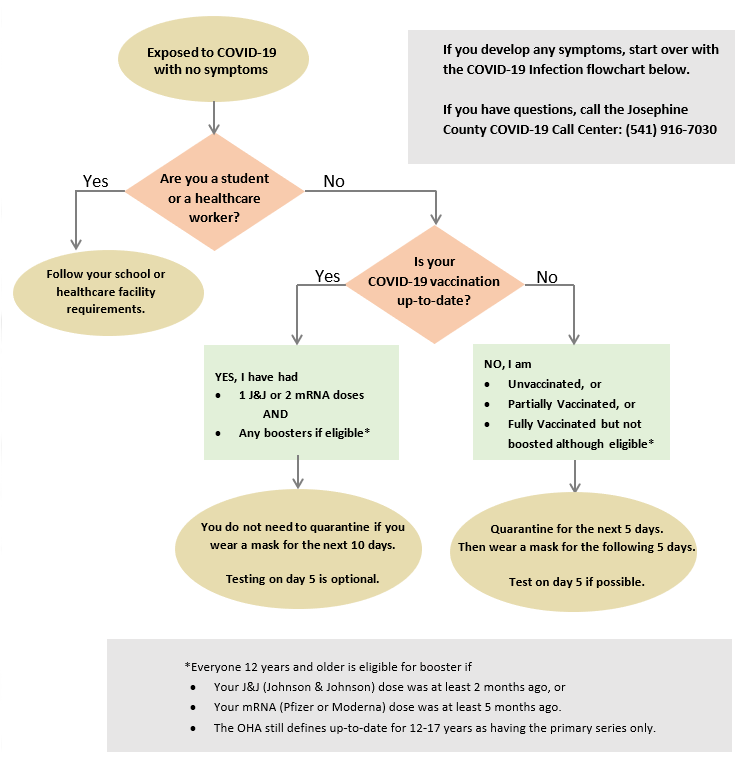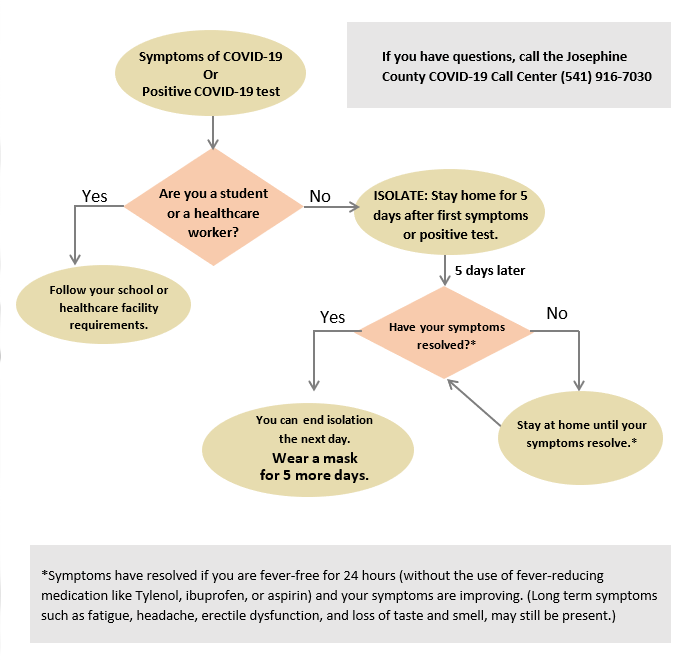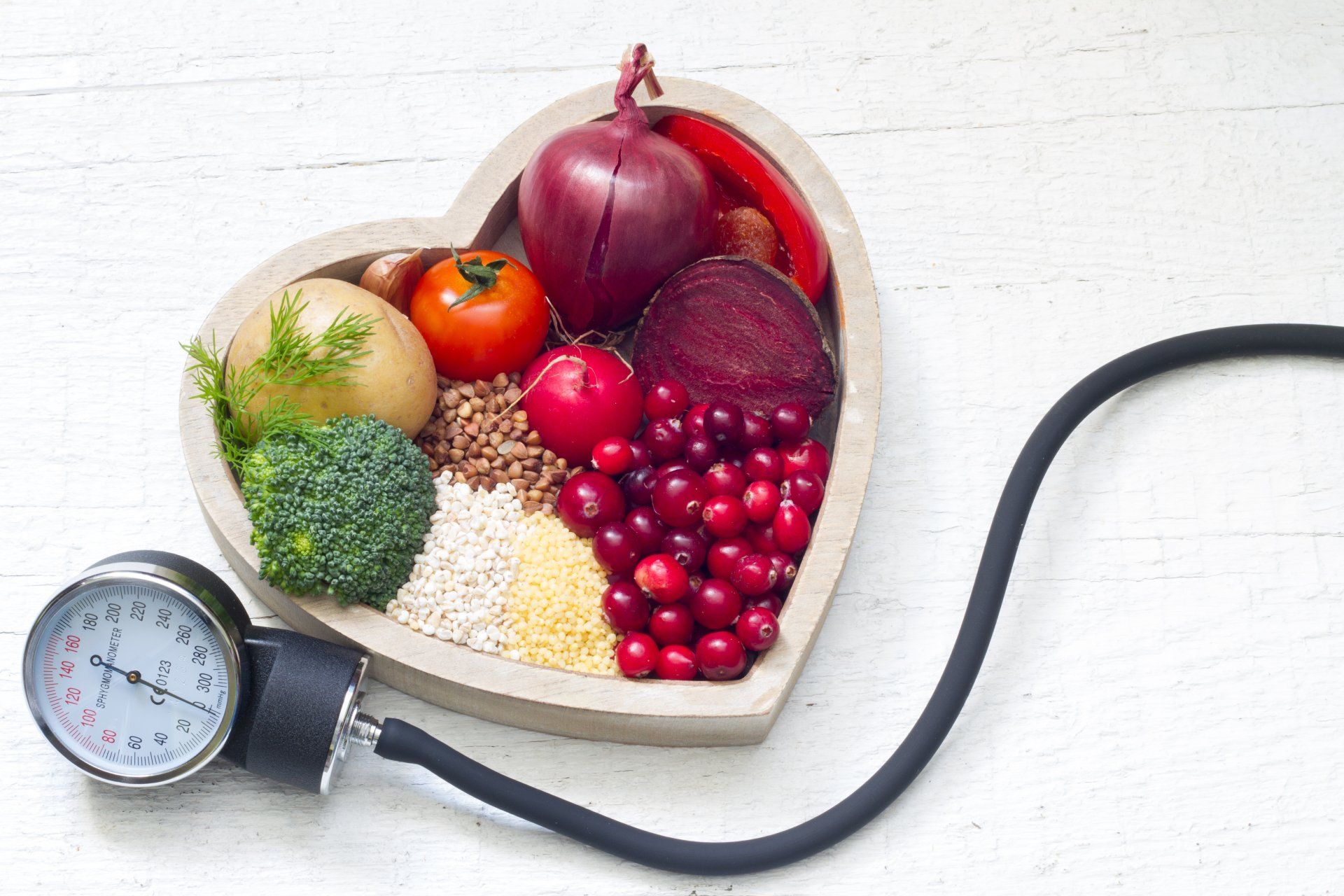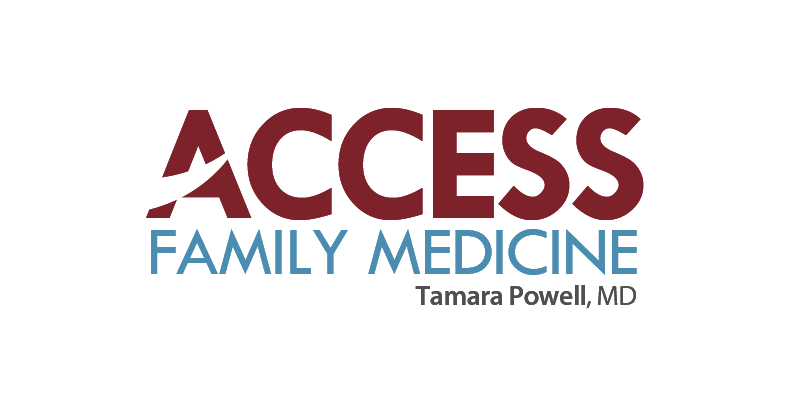Hello Access Family Medicine family,
I know there has been a lot of changes to recommendations regarding vaccines, isolation, quarantine, etc. I heard one statement recently that expressed it's not that the scientists change things, it's that the virus changes. So we have to change the rules to keep up with it, that unfriendly little bug....!
Below are the current recommendations regarding isolation (if you have symptoms or have a positive Covid test) and quarantine (if you have been exposed).
One item to note is that if you have any symptoms (seems like a cold, or allergies, or even fatigue and GI symptoms), you should isolate. Even if it's not Covid, it would be polite not to give whatever you've come down with to someone else! If you are not seriously ill, as tests can be in short supply, testing might not be necessary.
Many who are eligible for boosters in Josephine County haven't received them yet. Latest studies show boosters are pretty effective against death and hospitalization with Omicron, so it's worth it.
Vaccine clinics at my office are Mondays 9-12 and 3-5 and Wednesdays 1-5, walk-ins welcome, free to everyone.
Take care of yourselves and each other!
Dr. Powell
Isolation & Quarantine Flowchart
Josephine County




